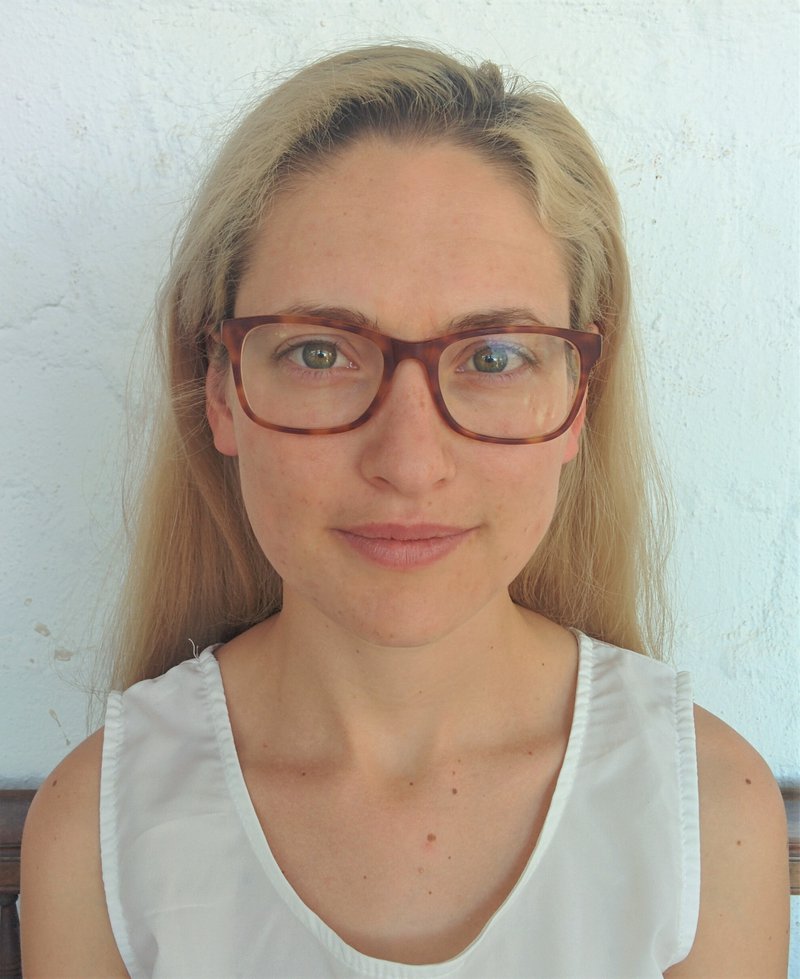Helen Harris

I would firstly like to extend my deepest gratitude to The Getty foundation and CIMAM for making it possible for me to attend the 2016 CIMAM conference in Barcelona. It is through opportunities like this one that we are given the chance to participate in the broader community of art professionals around the world. These relationships are invaluable.
This participation however runs the risk of being cosmetic in environments that do not fully comprehend the level of difference (and sameness) of those who participate, those who must wait in line to receive the gift of a single attendance and those for whom attendance is a given. Through the act of accepting our ‘responsibilities’, museum professionals around the world can work to address these internationally experienced inequalities. The testimonies that we heard about the tasks being undertaken by museum professionals and artists were inspiring and thought provoking. However it was with relief that I listened to the perspective of Kuan-Hsing Chen whose lecture struck a chord. It made visible what had until that moment remained largely invisible. Chen’s perspective pointed to the existence of paradigms of thought that were under represented at the conference as a whole.
After experiencing this conference, having been given the chance to think through these issues, I would like to say that CIMAMs assertion that it is an international committee/forum requires careful assessment. Just as a certain lack was openly perceived and commented on in the composition of the panel on the first day (being all European and male) another lack needs to be addressed in the overall composition of the CIMAM committee and its members. With not a single speaker from the African continent and only three participants from the continent in attendance the concept of an ‘international’ trengthel becomes hard to justify. Is it CIMAMs responsibility to look beyond old fashioned and persistent notions about countries in Africa (as well as ‘developing’ nations around the world) as being places of poverty with no infrastructure? Are we ready to move beyond the notion that a museum is there for more than just ‘Nation building’, particularly in an era in which many countries’ political climates seem to shift closer to Nationalist rhetoric?
At the very least CIMAM, like the museums it serves, has a responsibility to the narratives it promotes and legitimates. Bringing professionals who would otherwise not have access to this space into it through Travel Grants is a step in the right direction, for which I am very grateful.